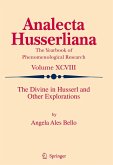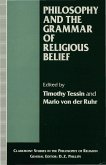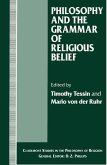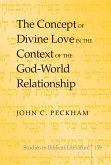Samuel Fleischacker defends what the Enlightenment called 'revealed religion': religions that regard a certain text or oral teaching as sacred, as wholly authoritative over one's life. At the same time, he maintains that revealed religions stand in danger of corruption or fanaticism unless they are combined with secular scientific practices and a secular morality. The first two parts of Divine Teaching and the Way of the World argue that the cognitive and moral practices of a society should prescind from religious commitments - they constitute a secular 'way of the world', to adapt a phrase from the Jewish tradition, allowing human beings to work together regardless of their religious differences. But the way of the world breaks down when it comes to the question of what we live for, and it is this that revealed religions can illumine. Fleischacker first suggests that secular conceptions of why life is worth living are often poorly grounded, before going on to explore what revelation is, how it can answer the question of worth better than secular worldviews do, and how the revealed and way-of-the-world elements of a religious tradition can be brought together.
Hinweis: Dieser Artikel kann nur an eine deutsche Lieferadresse ausgeliefert werden.
Hinweis: Dieser Artikel kann nur an eine deutsche Lieferadresse ausgeliefert werden.








